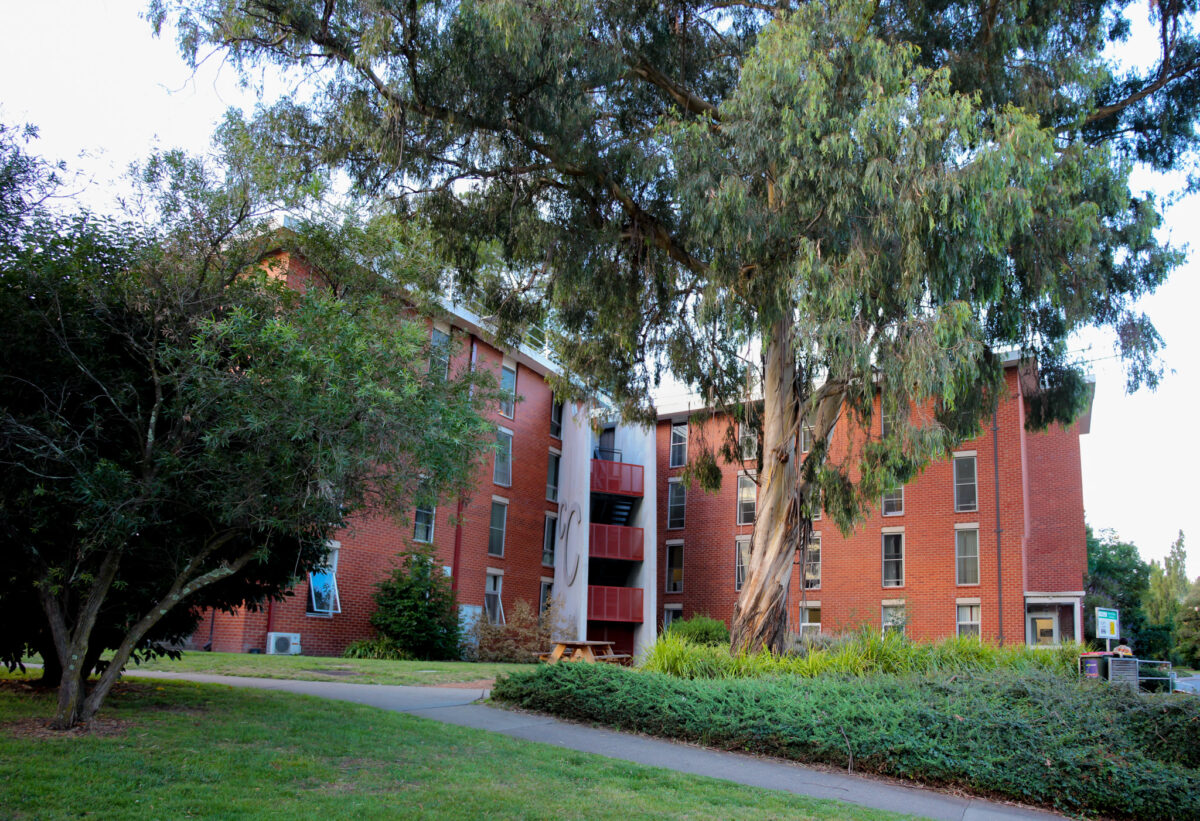In a decision delivered on Tuesday this week, the ACT Civil and Administrative Tribunal (ACAT), has ruled that students, who were not allowed to enter the ACT because of public health directions in 2021, were required to keep paying tariffs for their residential accommodation in Canberra.
Students Kate Aston and Sigourney Vallis took the University to the ACAT in November 2022 to claim back rent paid for student residences, which they could not access. At the time, the ACT government refused entry to students in Victoria and New South Wales, due to the strict lockdown and border controls enacted during the 2021 COVID lockdowns.
The basis of the students’ claim was that the lockdown orders had frustrated the agreements. In other words, the agreements, namely that the students could reside in their rooms, had become completely impossible to fulfil due to an unforeseen event that occurred without the fault of either party. They sought refunds from the ANU between $4500 and $6000 each.
The students initially attempted to terminate their contract, however the University refused.
Later on, the ANU would argue throughout the case that the students were made aware of their responsibilities including the risks of staying inter-state and given the previous year’s sudden lockdowns, similar public health measures should have been foreseen.
There were points of contention, such as when a senior ANU residential sector member conceded during cross-examination that by the end of 2020 there was some optimism that “the worst had already passed”, which could possibly support the student’s claims that the 2021 lockdown was unforeseeable.
However, it was ultimately the University’s argument that the occupancy agreement informed students that a public health order would not constitute grounds to terminate the contract that became the case’s deciding factor.
A panel consisting of presidential member Geoffery McCarthy and senior member Kristy Katavic ruled in favour of the University, finding in essence, that the 2021 lockdown was foreseeable and that the students’ choice to leave the ACT amounted to an acceptance of the risk of being locked out.
The tribunal found that the residential hall was still in operation when the students were not able to enter the ACT and further asserted, “the applicant’s rooms were available to them for their exclusive use”. However, this seems to dismiss the impact of the border closures.
It was determined that the students ought to have been aware of the risk of lockdowns when they signed the agreements noting that they had experienced prior lockdowns and that the agreements included a clause warning students of the risk. As such, the panel found that “foreseeability” of an event was not a factor in “frustrating” the occupancy agreement.
The ruling means that the students are not entitled to a refund and they must pay any unpaid occupancy fees.
The ANU uses occupancy agreements for its residential halls rather than the residential tenancy agreements used for most private rentals. As occupancy agreements are not bound by the Standard Terms in the Residential Tenancies Act 1997, the rights and obligations conferred on occupants are entirely stipulated by the ANU.
During the 2021 lockdowns, the ACT government’s orders included allowing financially impacted fixed-term residential tenants to break their leases but this was not extended to occupiers under occupancy agreements.
In a statement, ANUSA President Ben Yates said that the decision shows that the ANU’s standard occupancy agreement is a “strict and inflexible agreement that produces anti-student outcomes” and called for the University to reform the occupancy agreement to avoid students “paying the University for services they don’t need, or in some cases can’t access, and which the University forces on them through its inflexible contracts.”
Earlier this year, Woroni spoke to the students Kate Aston and Sigourney Vallis who described the University’s approach as “aggressive”, reminiscent of a “David and Goliath” situation. The students were represented by the ANUSA funded legal service and pro-bono barrister Steven Whybrow SC. Documents obtained by Woroni, using Freedom of Information request revealed that the ANU had spent over $126,000 on legal fees, engaging major law firm King & Wood Mallesons.
The University declined to comment on the decision.
We acknowledge the Ngunnawal and Ngambri people, who are the Traditional Custodians of the land on which Woroni, Woroni Radio and Woroni TV are created, edited, published, printed and distributed. We pay our respects to Elders past and present. We acknowledge that the name Woroni was taken from the Wadi Wadi Nation without permission, and we are striving to do better for future reconciliation.
